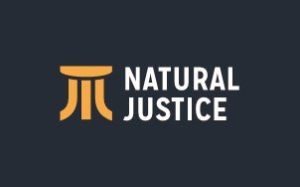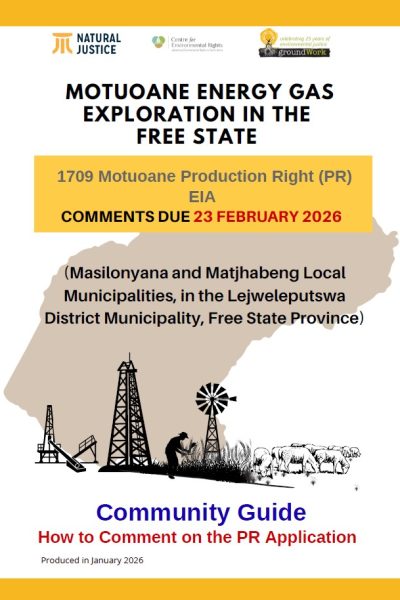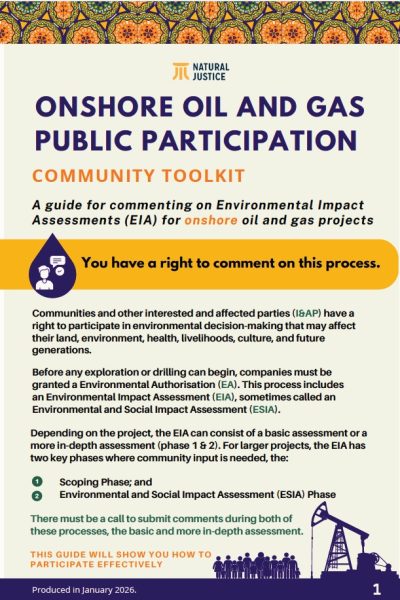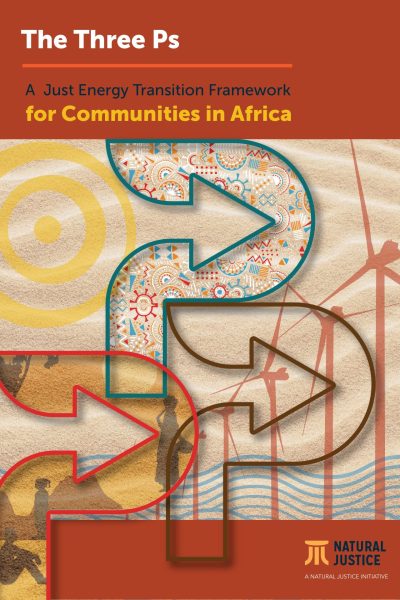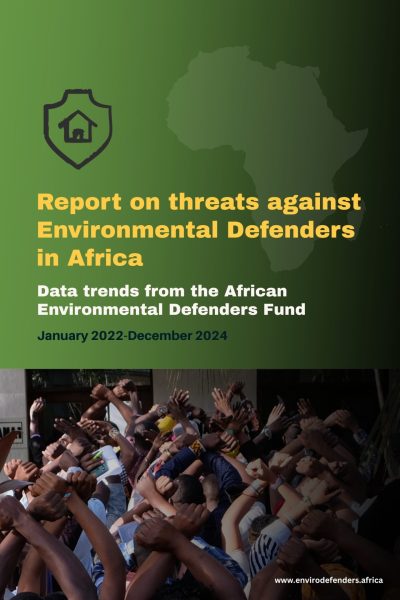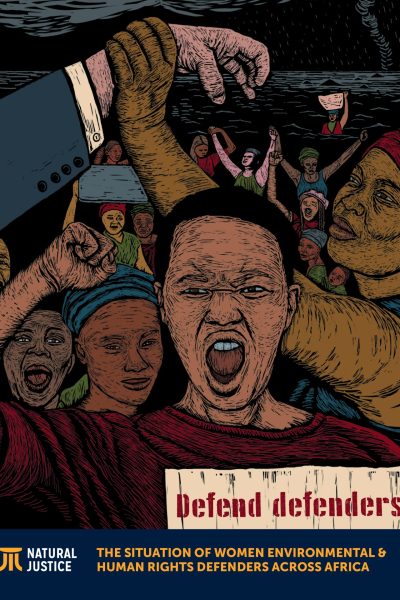Natural Justice, submitted detailed comments on the Draft National Greenhouse Gas Carbon Budget and Mitigation Plan Regulations published by the Department of Forestry, Fisheries and the Environment (DFFE) on the 30th of September 2025. In its submission, Natural Justice warned that the current draft risked undermining South Africa’s climate commitments and constitutional obligations.
Natural Justice’s submission identified the following key concerns:
1. Misalignment with Climate Science and Paris Agreement Goals
- The draft regulations risk locking South Africa into the upper end of its Nationally Determined Contribution (NDC) range, inconsistent with the 1.5°C pathway.
- The carbon budget framework prioritizes political feasibility over scientific necessity, undermining climate ambition.
- Weak Enforcement and Accountability Mechanisms
- Exceeding carbon budgets results in financial penalties rather than strict prohibitions, reducing the budget to a soft target.
- Voluntary reporting of Scope 2 and 3 emissions creates loopholes and undermines full lifecycle accountability.
- Inadequate Integration of Human Rights and Environmental Justice
- The regulations lack explicit safeguards for socio-economic rights (health, food, water, housing).
- . Overreliance on Carbon Capture and Storage (CCS)
- is presented as a viable mitigation strategy despite its high cost, technical limitations, and environmental risks.
- The inclusion of CCS risks delaying fossil fuel phase-out and perpetuating pollution in frontline communities.
- Flawed Methodology for Carbon Budget Allocation
- Benchmarking favors historically high emitters and entrenches inequality.
- Mitigation potential analysis lacks scientific guardrails and may be influenced by corporate feasibility rather than climate necessity.
- Absence of Fossil Fuel Phase-Out Mechanisms
- Section 28 of the Climate Change Act, which mandates phase-down of GHGs, is not operationalized in the regulations.
- No enforceable timelines or accountability mechanisms for fossil fuel phase-out are included.
- Lack of Financial Mechanisms for Climate Justice
- Proposal for a Climate Damages Tax (CDT) to hold fossil fuel companies accountable and fund just transition programs is absent from the draft regulations
Natural Justice’s Call for Stronger Climate Action
To address the serious gaps in South Africa’s draft climate regulations, Natural Justice urged the Department of Forestry, Fisheries and the Environment to rethink its strategy for implementing the Climate Change Act. The organization proposed a set of clear, actionable reforms to ensure the law delivers real environmental protection and justice:
- Count All Emissions: Companies must be required to report and reduce not just their direct emissions (Scope 1), but also those from electricity use (Scope 2) and across their supply chains (Scope 3). Anything less gives a false picture of their climate impact.
- Make Carbon Budgets Binding: Emissions limits must be legally enforceable. Paying a fine should not be an option for polluting beyond the limit—real consequences are needed.
- Phase Out Fossil Fuels: The regulations ignore a key part of the Climate Change Act (Section 28) which mandates the gradual elimination of fossil fuel emissions. This must be included and enforced.
- Don’t Rely on Risky Technologies: The current draft leans too heavily on Carbon Capture and Storage (CCS), a costly and unproven technology. Instead, the law should prioritize clean energy and energy efficiency.
- Put People First: The technical guidelines must include tools to measure how climate plans affect people’s rights, like access to clean air, water, and health, and ensure communities have a say in decisions.
- A bold but fair addition to South Africa’s climate regulations: a Climate Damages Tax: This would require fossil fuel companies, who are among the biggest contributors to greenhouse gas emissions, to pay a fee when they breach their carbon budgets or fail to meet their approved mitigation plans. The funds collected would go directly into the Climate Response Fund, helping to finance vital climate action across the country. This includes support for communities facing the worst impacts of climate change, investments in clean energy, and resources for adaptation and resilience.
South Africa’s journey toward a low-carbon future must be both ambitious and inclusive. The draft mitigation regulations present an opportunity to shape a climate response that is not only scientifically sound but also socially and economically just.
Natural Justice recognizes the challenges of transitioning from a carbon-intensive economy—especially in a context where energy access, employment, and industrial development remain pressing concerns. However, these challenges must not become reasons for delay, but rather motivations to design a climate framework that works for all.
By strengthening the regulations to include full emissions accountability, enforceable carbon budgets, and meaningful public participation, South Africa can lead with integrity and innovation. Prioritizing renewable energy, protecting human rights, and ensuring that polluters contribute fairly to the transition will help build a resilient economy that benefits both people and the planet.
This is not a call for disruption, it is a call for a robust, science-based, and justice-driven climate framework which is essential to secure a future that is sustainable, equitable, and prosperous for all.

